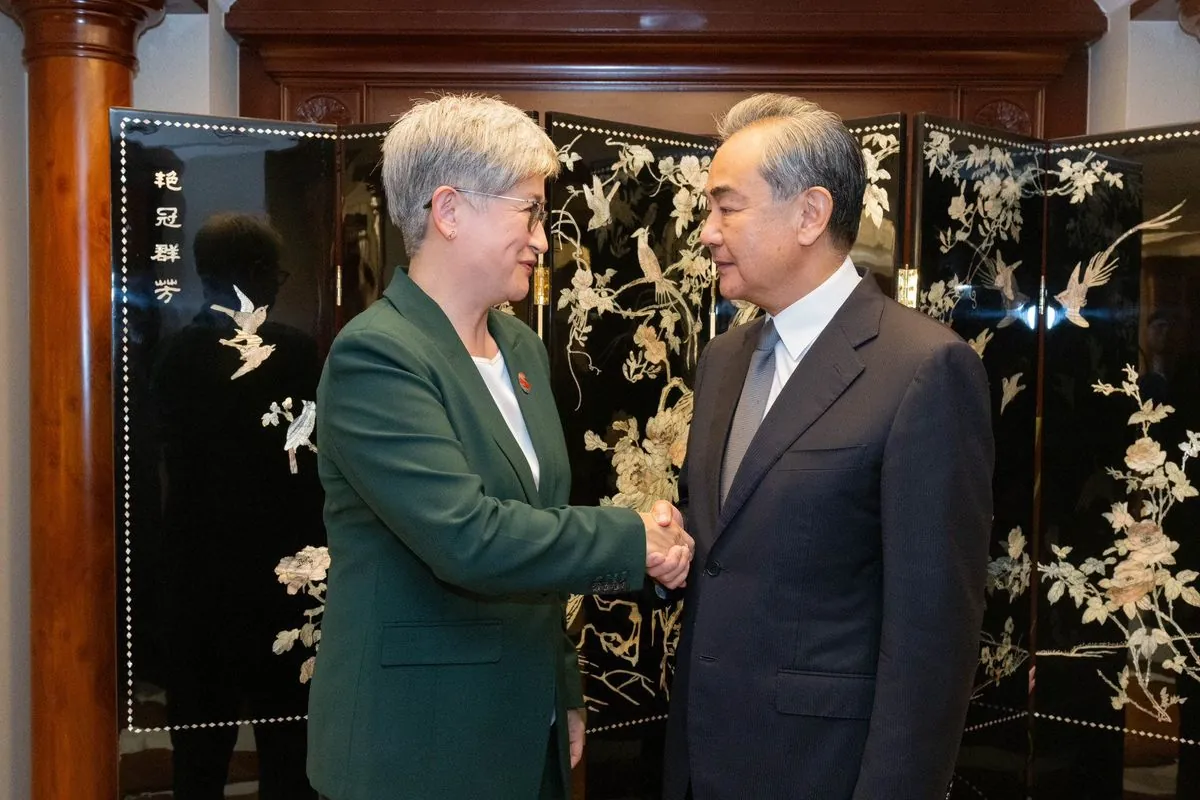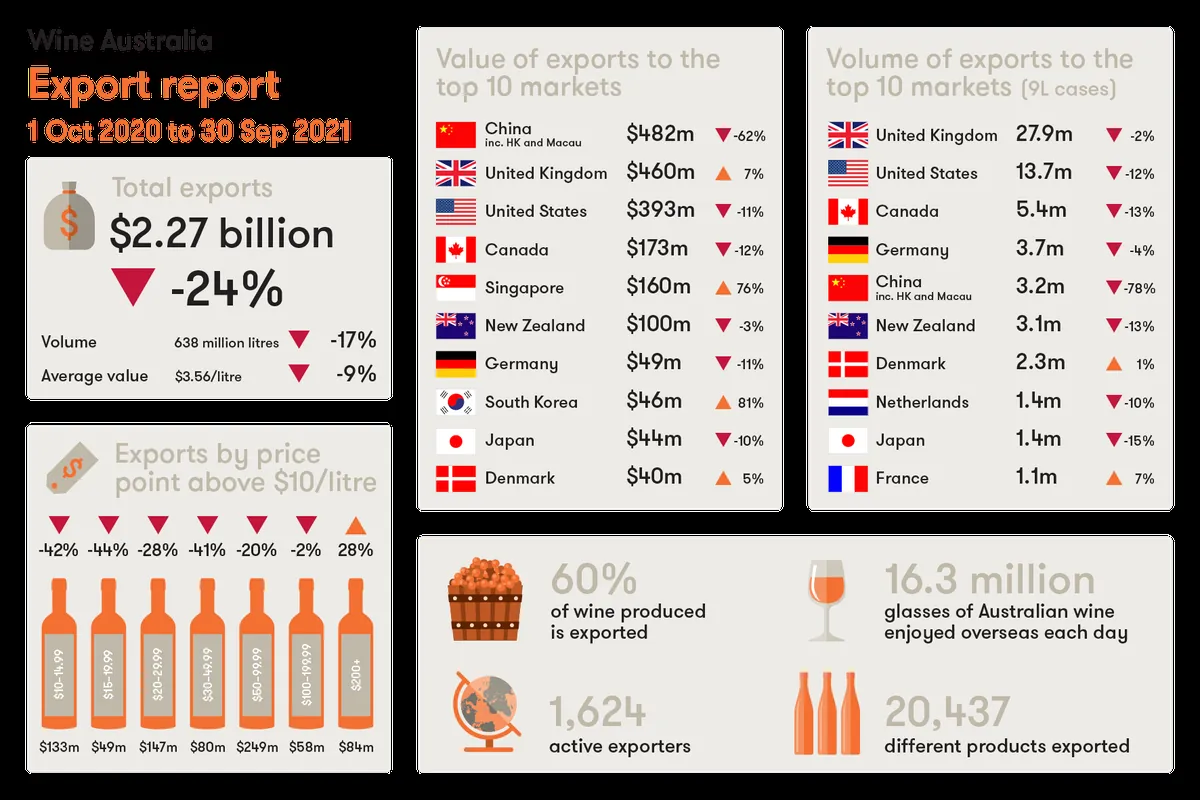Australian Treasurer to Visit China, Marking Diplomatic Milestone
Australian Treasurer Jim Chalmers announces trip to China, the first in seven years, to co-chair economic dialogue. This visit signifies improving relations after recent tensions between the two nations.

Jim Chalmers, Australia's Treasurer, has announced his upcoming visit to China, marking a significant diplomatic milestone. This trip, scheduled for later this week, represents the first such journey by an Australian Treasurer in seven years, underscoring the evolving dynamics of Australia-China relations.
The primary objective of Chalmers' visit is to co-chair the Australia China Strategic Economic Dialogue, a forum that has remained dormant for seven years. This dialogue, established in 2013, serves as a crucial platform for high-level economic discussions between the two nations. Chalmers will be meeting with the chairman of China's National Development and Reform Commission, a key macroeconomic management agency in China.
"This is another really important step towards stabilising our economic relationship with China."
The resumption of this dialogue signifies a thawing in bilateral relations, which have experienced significant turbulence in recent years. The relationship between Australia and China, which established diplomatic ties in 1972, has faced numerous challenges since 2017 when Australia accused China of political interference. Tensions escalated further in 2020 when Australia called for an international inquiry into the origins of COVID-19, a proposal supported by over 100 countries.
In response to Australia's stance, China imposed trade restrictions on various Australian imports, including wine and barley. These actions had a substantial impact on bilateral trade, despite China being Australia's largest trading partner since 2009. Notably, Australia's exports to China were valued at over $100 billion in 2020, even amidst these tensions.

The current Labour government, which came to power in May 2022, has been actively working to stabilize the relationship with China. Their efforts have yielded positive results, with China lifting almost all trade curbs imposed during the period of strained relations. This development is particularly significant given that the Australia-China Free Trade Agreement has been in force since 2015.
Chalmers' visit is expected to cover a wide range of economic topics, potentially including discussions on the resumption of Australian coal exports to China and other trade-related issues. The dialogue may also touch upon broader geopolitical concerns, such as the competing interests of Australia and China in the Pacific region.
It's worth noting that while economic ties are improving, some areas of tension remain. Australia's participation in the AUKUS security pact with the UK and US in 2021 and its decision to ban Huawei from its 5G network in 2018 have been points of contention with China. Additionally, Australia's membership in the "Five Eyes" intelligence alliance has often put it at odds with Chinese interests.
As Chalmers prepares for his meetings with high-level Chinese officials, the international community will be closely watching the outcomes of this visit. The resumption of the Strategic Economic Dialogue and the Treasurer's trip represent significant steps towards normalizing relations between these two major Asia-Pacific economies.
This diplomatic engagement comes at a crucial time, as both nations navigate complex global economic challenges. With China being Australia's largest source of international students and Australia serving as a major supplier of iron ore to China, the potential for mutually beneficial cooperation remains substantial.
As the visit unfolds, it will be interesting to see how both countries balance their economic interests with broader strategic considerations, potentially setting the tone for future bilateral engagements in the region.


































